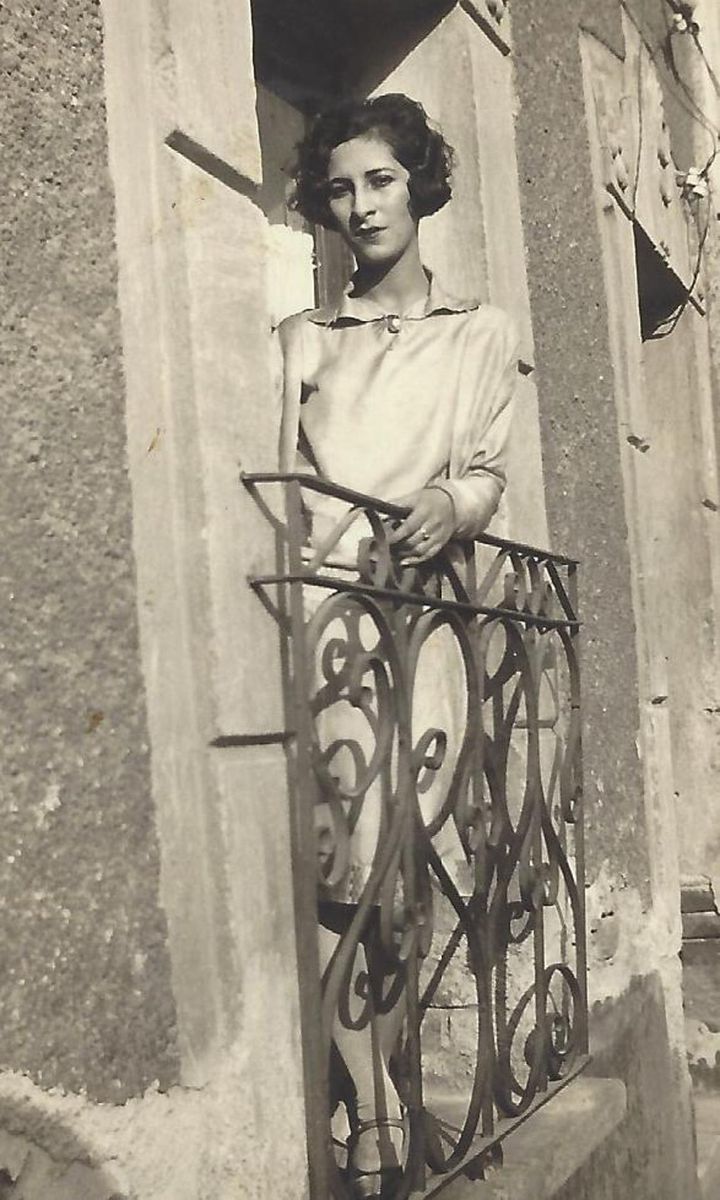In honor of US Hispanic Heritage Month, the latest Google Doodle pays tribute to a remarkable Guatemalan-American labor organizer, journalist, and activist, Luisa Moreno. This powerful artwork, created by guest artist Juliet Menendez from Guatemala City, depicts Moreno standing in solidarity, linking arms with people from the diverse communities she passionately advocated for.
Luisa Moreno was born as Blanca Rosa Lopez Rodrigues in Guatemala City on August 30, 1907. Her family immigrated to Oakland, California, when she was a child. Though she returned to Guatemala as a teenager, her dreams of higher education were thwarted, as women were not allowed to attend universities then. In response, Moreno courageously organized a group to advocate for women’s right to pursue higher education, igniting her lifelong commitment to activism.
A Voice Through Journalism and Unification
Moreno initially pursued her passion for social issues as a journalist in Mexico City before relocating to New York City in 1928. It was in New York that she witnessed a grave injustice that would change the course of her life. A group of Latino protesters who spoke out against a Warner Brothers film perpetuating anti-Mexican sentiment were brutally attacked and killed by the police. This tragic incident fueled Moreno’s determination to unify Spanish-speaking communities.
Championing Labor Rights and Equality
When the Great Depression struck, Moreno took up a job as a seamstress at a garment factory to support her family. She witnessed firsthand the dire need for labor reform as workers endured grueling hours, dangerous working conditions, and inadequate pay.
In 1935, she became a professional organizer for the American Federation of Labor. Her work with the United Cannery, Agricultural, Packing, and Allied Workers of America (UCAPAWA) took her across the country, where she fought for workers’ rights in various industries.
In 1941, Moreno’s dedication and leadership led to her election as vice president of UCAPAWA. In addition to her work for labor rights, she was a vocal advocate for racial and ethnic equality. In 1938, she founded the National Congress of Spanish-Speaking Peoples, marking the inception of the first national Latino civil rights assembly. The organization’s objectives included advocating for fair treatment of Latino employees and desegregating schools and neighborhoods.
A Legacy of Courage
One of Moreno’s most notable achievements was establishing a defense committee in 1942 that successfully fought to dismiss charges against a group of Mexican-American teenagers who had been arrested without evidence. However, despite her tireless efforts to improve the lives of thousands of US workers, her status as a labor leader made her a target for the Immigration and Naturalization Services (INS). They threatened her with deportation unless she testified against fellow union leaders. Refusing to betray her principles, she left the US and continued her work by unionizing workers in Mexico, Cuba, and Guatemala.
A Personal Connection for the Doodle Artist
The Google Doodle was brought to life by Guatemala City-based guest artist Juliet Menendez, who profoundly connects with Luisa Moreno’s legacy. Juliet explained that working on a project celebrating a strong woman with a Guatemalan and bi-cultural background was a thrilling opportunity. She emphasized the importance of Moreno’s ability to unite diverse groups across borders, races, and class lines to stand up for justice.
A Message of Inclusion and Resilience
Through this inspiring Google Doodle, Juliet Menendez hopes to convey that Latinas have played a vital role in shaping American history and have been at the forefront of significant social movements since the beginning.
,type=downsize)
